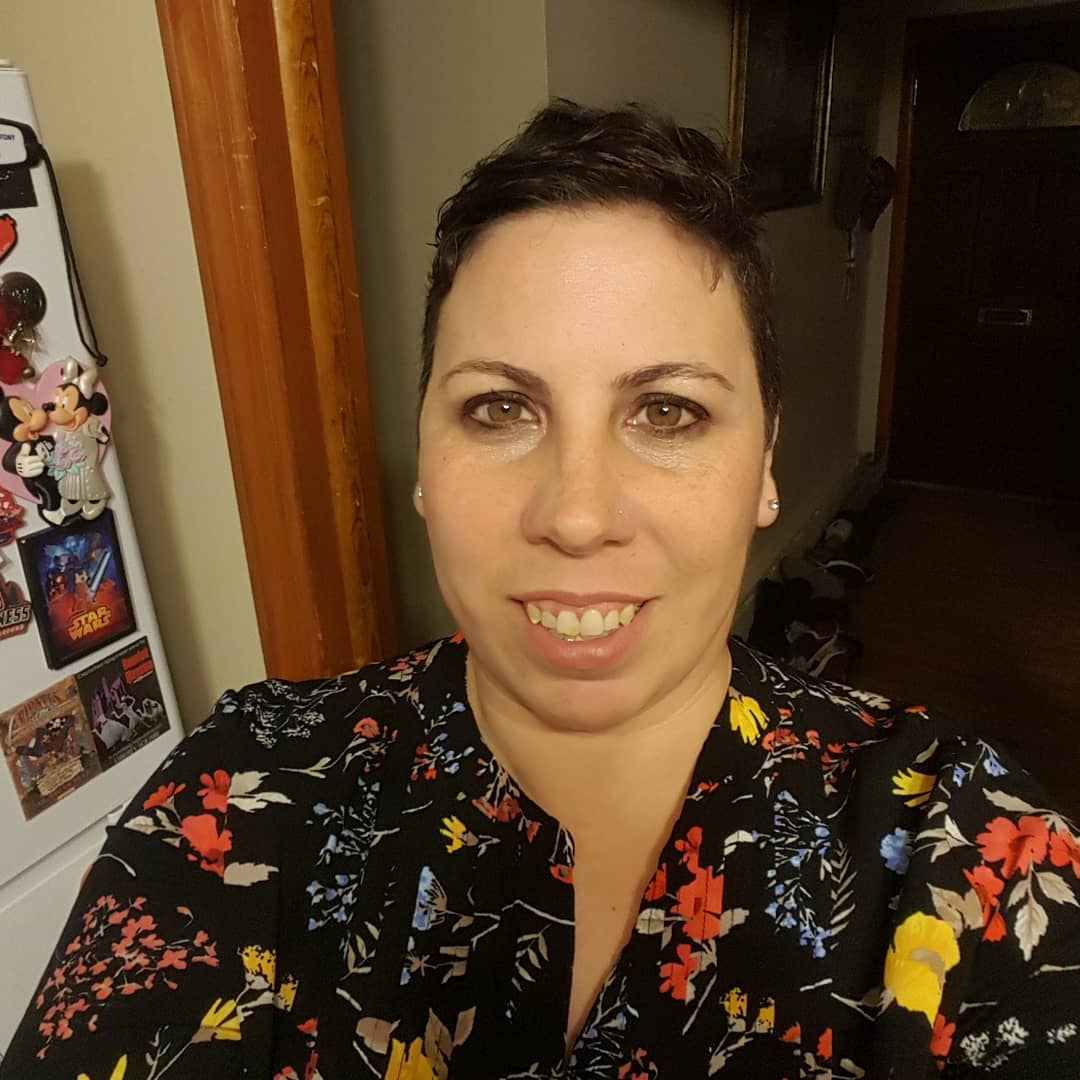
“A Day in the Life – Type 1 Diabetes Day” will help bust myths and change the way people view T1D. Jennifer McCue speaks about this importance of this day and why raising T1D awareness is crucial for her family.
When our son Daniel was diagnosed with type 1 diabetes in June 2016, he was only four-and-a-half. He had an excellent diet, he was certainly an active little one, and he presented as otherwise perfectly healthy. As is the case with most new diagnoses, we spent the first few days and weeks learning everything we could about T1D: how it starts, how it progresses, what it does to the body, how it differs from type 2 diabetes, and so much more, all in our quest to find out why this happened to our little guy.
It became clear right away that our nearest and dearest family and friends, acquaintances, and even strangers we encountered, though usually well-intentioned, could not comprehend our life with the addition of T1D.
We discovered that almost nobody we knew was previously aware of the differences between type 1 and type 2, and we found ourselves explaining, repeating, and explaining again, ad nauseam. Two and a half years into this diagnosis, and it is still often misunderstood by people close to us. It seems as if everyone in the world knows about “diabetes,” but what they know is the metabolic disorder that is type 2 diabetes – a condition which is often reversible with medication and lifestyle changes.
Why the misunderstandings, you ask? Well, simply put, type 1 diabetes patients make up only a small fraction – about 10% – of the entire diabetes-affected population. When you’re talking numbers in the millions, that’s a comparatively small amount of people. Since type 1 diabetes is autoimmune and cannot be cured, awareness campaigns and health initiatives have traditionally focused on T2D instead, where they were more likely to make an impact. Unfortunately for the type 1 community, it has caused years of misconceptions and misrepresentation, such as they myth that eating too many sweets causes “diabetes.”
Breakthrough T1D has spent its entire existence raising awareness (and funding) specifically for type 1 diabetes. Because of their leadership in the T1D community, and their ability to unite T1D voices, in recent years there has been much headway made in terms of public awareness and the fact that the two types of diabetes are essentially different diseases. Why is this distinction so necessary, and why is more awareness needed? Let me explain a little more.
As the parent of a T1D child, it is essential for me, and for him, to see representation – in real life, in the media, in our cultural and social spheres.
Awareness is a great catchword, but true awareness is so very important for so many reasons: for instance, the more people who understand the rigors T1D thrusts upon those affected, the more compassion and support those with T1D may experience, which will lighten the mental and emotional burden for them. We personally advocate and educate on behalf of our child and his condition, in some capacity at least, almost every single day. It may be that we are explaining his devices to a stranger while out in public, or making a social media post, or writing blogs and essays about our experiences, but we are always doing something.
It is never our intent to make people pity us – only to acknowledge that however the disease is managed, however meticulous and rigorous a T1D is with their disease maintenance, there are always, always, always unexpected outcomes that the throw the patient for a loop, physically, mentally, and/or emotionally.
It is not an easy disease to live with, and when you’re diagnosed as a child, you’re facing
down 60, 70, 80 years of dealing with this intense condition that affects every single aspect of your life. It can be daunting, to be sure, and a wider awareness for the condition and what it involves can make it less intimidating to deal with.
This past August, as part of Breakthrough T1D’s “Promise to Remember Me” campaign, my son and I got to meet with our Congress member, Representative Frank Pallone, and talk to him about type 1 diabetes, about Daniel’s particular issues and challenges in dealing with the disease, and about why it’s important to increase public support and awareness on a federal level.
Now the New Jersey State Legislature is about to pass a joint resolution designating the Monday before Thanksgiving as “A Day in the Life – Type 1 Diabetes Day,” and we couldn’t be more thrilled, or more grateful.
Awareness leads to education, which erases ignorance and increases tolerance and acceptance. If Daniel and others like him can grow up in a world where people stop asking, “You have diabetes, should you be eating that?” or “When will [he] outgrow it?” or similar well-meaning but unintentionally offensive questions, it could go a long, long way to making the social aspects of the condition less isolating and frustrating.
Jennifer McCue is an active chapter volunteer, supporting local families through our T1D Connections Program and Breakthrough T1D One Walk. You can read more from her by visiting her blog, Mama McCue’s Musings.
